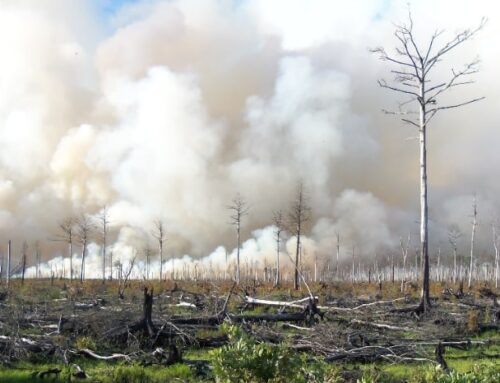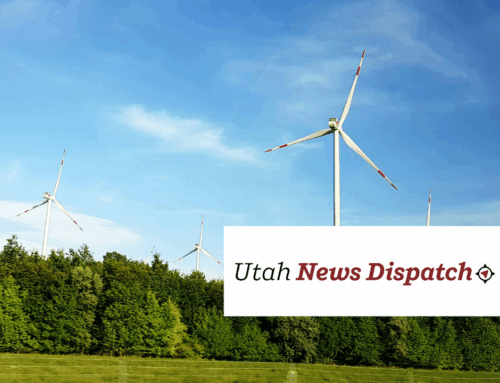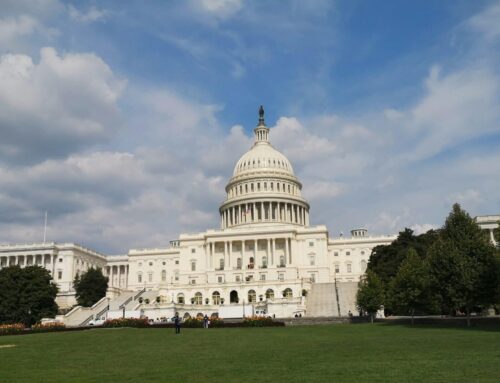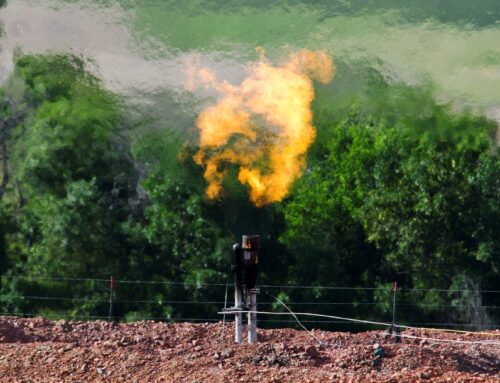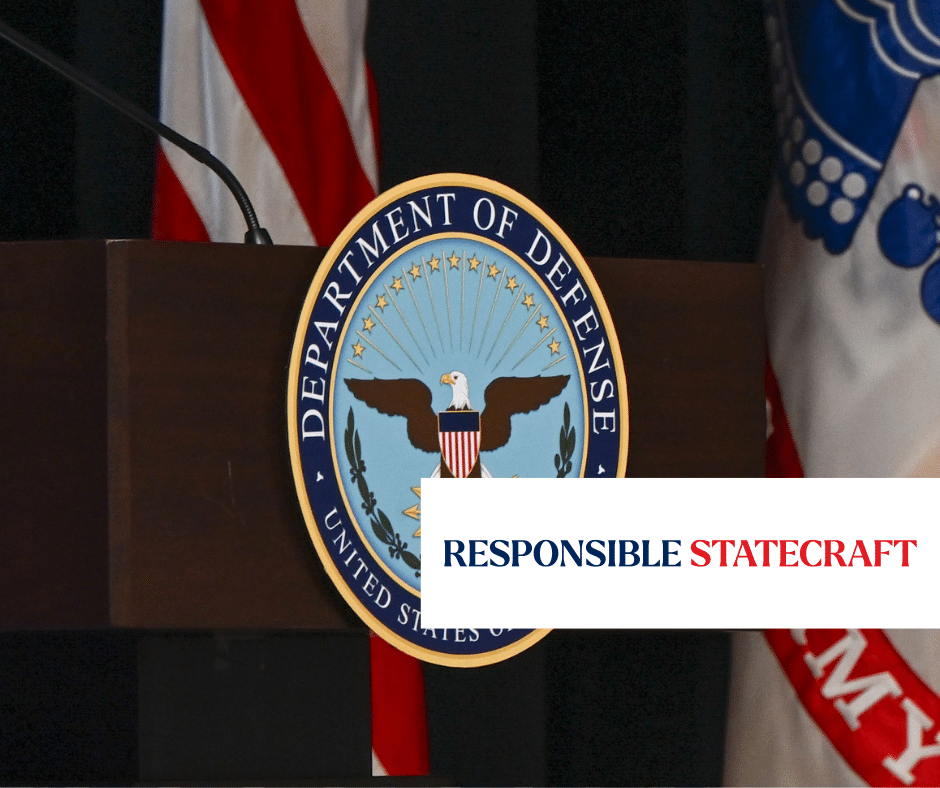Ryan Alexander, President of Taxpayers for Common Sense, delivered comments to the press in Denver ahead of the Royalty Policy Committee’s meeting.
Good afternoon. I’m Ryan Alexander, president of Taxpayers for Common Sense – a national, non-partisan budget watchdog.
For more than two decades, TCS has worked to ensure that all taxpayers receive a fair return on natural resources extracted from taxpayer-owned lands and waters. Royalties and fees collected from resource development are a valuable source of federal income and should be fairly and accurately assessed and collected. As the resource owners, taxpayers have the right to fair market compensation for the assets extracted from our lands and waters – as would any private landowner.
However, over the last several decades, taxpayers have lost billions of dollars in revenue to a complicated leasing and royalty collection system that frequently undervalues our natural resources. The problem has spiraled so out of control that the Government Accountability Office, Congress’s own watchdog, considers the Department of the Interior’s management of federal oil and gas resources as one of its “high-risk areas” — vulnerable to fraud, waste, abuse and mismanagement.
In my line of work, optimism is a necessity. I was glad to see that Secretary Zinke’s charge for the committee was to ensure that the public receives the full value of the nation’s natural resources. Unfortunately, what we got was a committee well-represented with energy industry interests but lacking an independent taxpayer voice.
Without needed reforms taxpayers will continue to lose on royalty-free natural gas, undervalued federal coal, non-producing oil and gas leases; noncompetitive leasing practices and more—all of which add up to millions of dollars in taxpayer losses.
TCS has documented a dramatic increase in leaked, vented, or flared natural gas over the last decade – in 2015, oil and gas operators reported losing three times more gas than in 2006. And according to our most recent analysis of data from the Office of Natural Resources Revenue, federal and state taxpayers have received no royalties for roughly 90% of the natural gas vented or flared on all federal lands in the last decade.
Colorado, however, is proof that smart rules can lead to less methane waste. Since 2013, lost gas reported on federal lands in Colorado has decreased 82 percent. Until smarter rules are adopted for all federal lands, gas waste will continue elsewhere, and taxpayers will continue losing millions in foregone royalties on it.
Taxpayers also lose out when federal lands are undervalued in the oil and gas leasing system. Leasing in Colorado is emblematic of how oil and gas companies are allowed to access ample oil and gas resources on federal lands for bargain basement prices. Nearly a quarter of the roughly 430 leases issued in Colorado since 2014 were sold for the legal minimum of $2/acre.
Meanwhile large sections of federal lands and waters set aside for oil and gas production sit idle, in part due to the lack of diligent development incentives from DOI. A fee on nonproducing parcels could change that. To give you the big picture, in 2016 the CBO estimated that a $6-per-actre fee on nonproducing leases would yield $200 million revenue over 10 years, with negligible effect on production.
When the RPC meets this week in Lakewood we hope there will be some discussion of these important issues and serious efforts to create a transparent and accountable royalty collection system that provides taxpayers a fair return on the resources we all own. Industry deserves a voice in this process, but so do taxpayers. There much work to be done that can benefit both industry and taxpayers alike.
Thank you.
###

